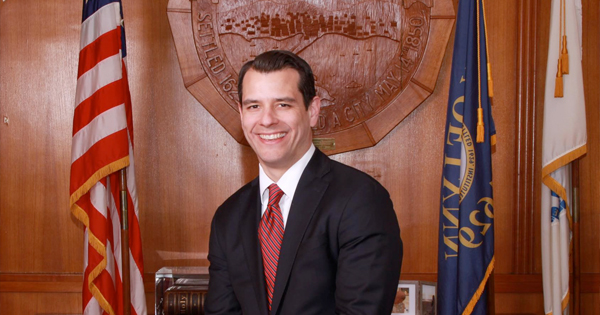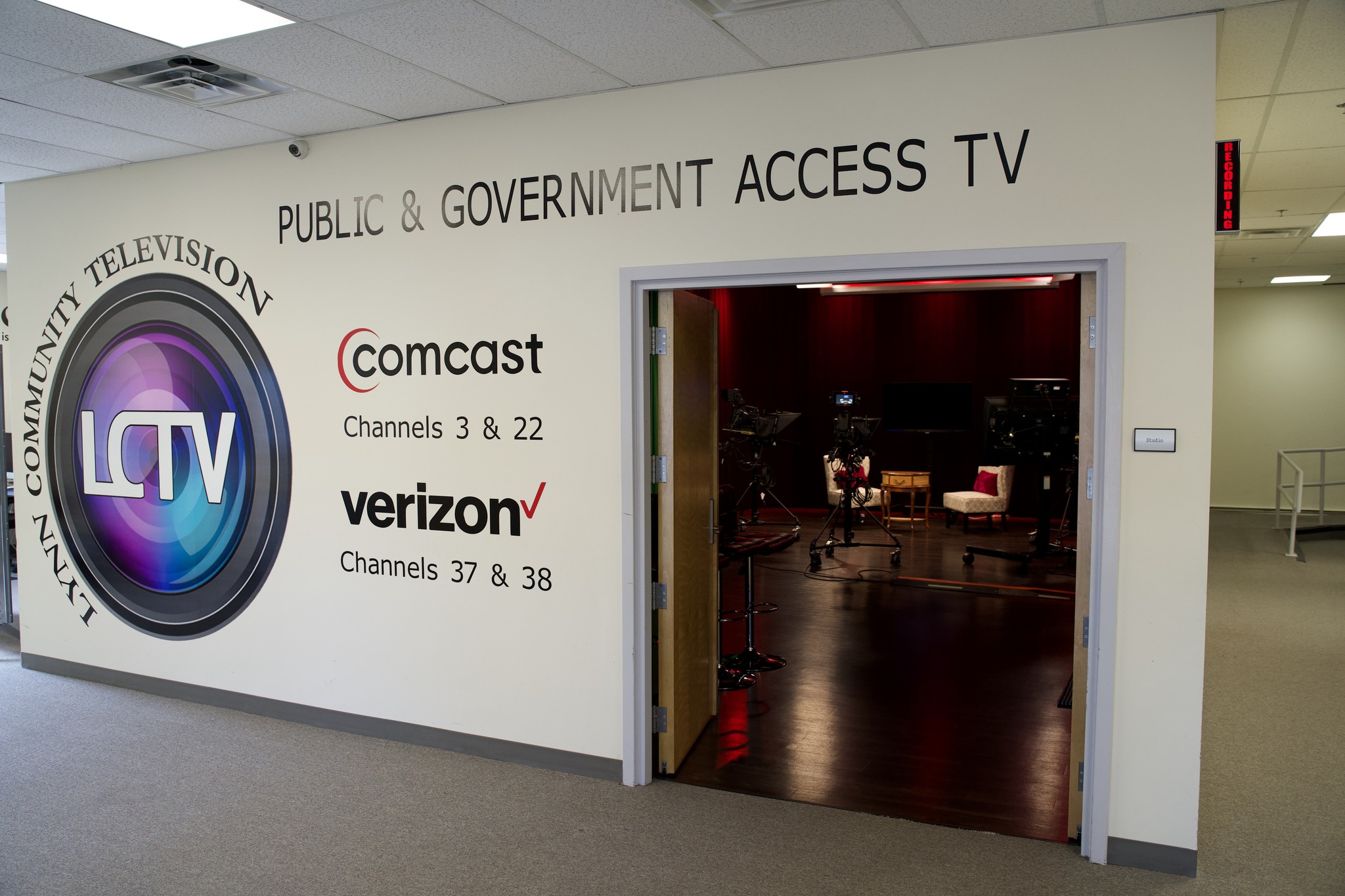
With the cost of living continuing to skyrocket, we are committed to helping our residents afford to stay here and working to maintain and add good-paying jobs. That is why I firmly believe that the zoning package that we presented to the City Council at its last meeting should be passed.
The package puts forward one of the main recommendations of the Housing Lynn Plan to address the cost of living. It also encourages industrial and commercial growth by making commercial and industrial uses easier to bring forward.
Residential development is happening in Lynn. We want to make sure that some of those new units will be affordable for Lynn residents.
We recognize that the projects still need to be financially viable. Our consultant conducted an in-depth analysis and tested project feasibility against local market conditions to continue to welcome private investment. We also have examples of projects that we have negotiated this year that prove this will work.
I would love to be able to get even higher levels of affordability. However, not only are we limited by what the market can bear, new state rules prohibit us from going beyond what our consultant’s analysis recommends.
Our administration has worked closely with the City Council on this proposal, particularly with Councilor Barton, the liaison that Council President Jay Walsh appointed to our Housing Lynn plan implementation group.
In addition to the inclusionary zoning component of this proposal, there is a real opportunity to encourage industrial/commercial growth to help Lynn plug into the innovation economy in Greater Boston. That could be life sciences, but it also could be clean tech or high tech, such as the textile manufacturer Soliyarn that the City landed this year.
This package makes important changes to responsibly encourage that kind of growth. It zones some key parcels to be ready for industrial growth and allows new small business uses in neighborhoods where we want to encourage commercial activity.
We believe there are good reasons for the balance that we struck in setting the appropriate target for affordable housing from inclusionary zoning.
First, we are limited by the new state MBTA Communities regulations that limit our ability to establish a higher percentage without the analysis to support it.
Second, there is a reality behind the rationale for those rules, which is that if a community sets the target for affordability too high, it will stop housing projects from being viable.

Once we get evidence that our proposal is working the way we intend and that there is a potential to go further, we can explore increasing the affordability requirement in the future.
Furthermore, inclusionary zoning isn’t the most appropriate tool for the production of deeply affordable units. That’s where other projects through the Affordable Housing Trust Fund or with public land come in. We just created the Affordable Housing Trust Fund and provided it seed funding through ARPA.
We have had significant community input into these recommendations. The Housing Lynn Plan was the product of extensive community feedback. Our Housing Lynn Steering Committee, made up of community stakeholders, also participated in the process with our consultant. Our targets are in line with comparable peer communities.
Inclusionary zoning itself will not add residents. It would preserve space for Lynners in new developments.
We also have market evidence from our consultant, previous studies, and data from other communities that the requirements we propose will continue to result in viable projects.
It is also important to point out that the development of individual single-family homes is exempted.
Finally, while we are committed to adding necessary classroom space to our schools, blocking affordable housing does not relieve crowded classrooms. It is our current LPS families overburdened by housing costs whom we will be supporting.
For all these reasons, I strongly support the zoning amendments that the City Council will be taking up at its next meeting.
The above op-ed was submitted to us by Mayor Jared Nicholson’s office.
If you have a news story that you would like to share, please contact us via email or call 781-780-9460.

